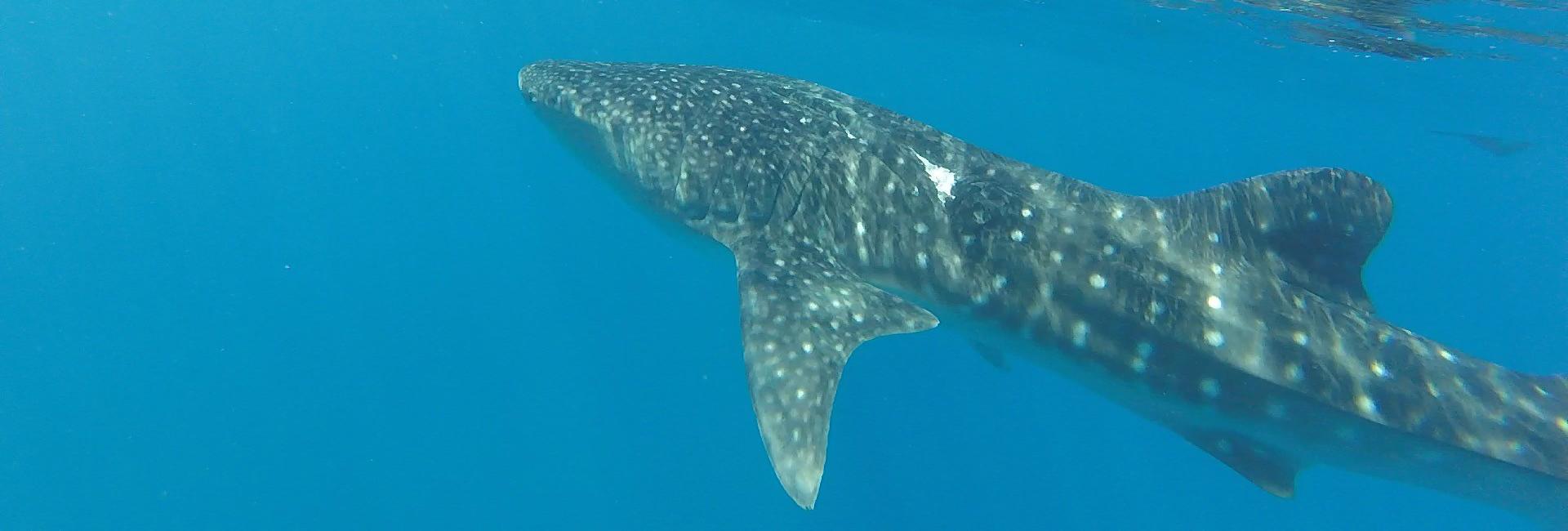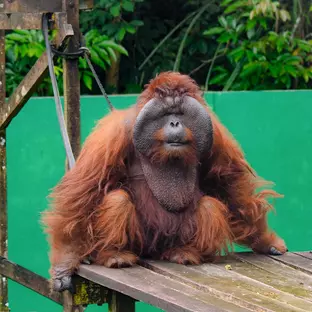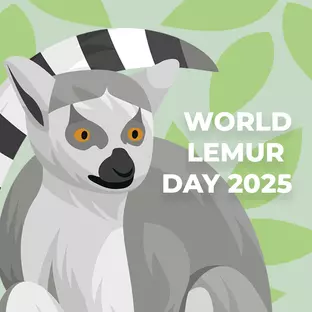(The following was written by Will Smith, a volunteer who joined the Whale Shark Research Project for 2-weeks in July 2019.)
My name is Will Smith and I spent two weeks volunteering with the Whale Shark Research Project in July 2019. It was honestly two of the most incredibly memorable weeks of my life and I cannot recommend the project highly enough to anyone who shares a love of whale sharks, marine conservation efforts, and the ocean.
I arrived in Dhigurah during peak monsoon season and yet was greeted by the white sands and crystal clear waters that the Maldives is so famous for. If ever there has existed a more perfect foreshadowing of the weeks that lay before me, I am yet to experience it.

Nevertheless, I left the island with far more than just stunning photographs and a tan - mainly because I sadly don’t tan at all! Joking aside, after reflecting upon the events of my time in Dhigurah, I can confidently say that I have left with a new understanding of the dangers faced by our oceans and marine life, as well as friendships that I’m certain will last a very long time. Consequently, I hope this blog post perhaps convinces others who are interested in contributing to the conservation of whale sharks, to reach out to this fantastic NGO and offer their services, also.
The first day was a bit of a roller coaster, following three flights, a bus ride, a speed boat and a pickup truck (yes we got to sit in the back). After the obligatory awkward meet-and-greet with the other volunteers, our group soon set to work the following morning. United by a shared passion for being out on the ocean, conservation of the animals that lay beneath it, and basically any kind of chocolate dessert, we quickly settled into a routine of research and (mostly) good-natured ribbing!
The overarching, primary objective of the programme is to further the understanding of the world’s limited knowledge of whale sharks, alongside improving conservation policy within the Maldives to better protect these animals. Consequently, for 7 hours each day, we ventured up and down the reefs of the atoll on the project’s own Dhoni with the ambition of finding, and then recording, the information of each whale shark we discovered. This also involved documenting the various megafauna spotted from the top deck of the boat (such as turtles, dolphins and rays). These activities were punctuated with brief moments of nigh-on-insanity whereby, following a whale shark spotting, we would leap to attention, grab our masks, fins and cameras before plunging headlong into the open ocean to record identification information via photographs and measurements of the creatures.
Such experiences were breathtaking. Truly, it is nigh on impossible to describe the feeling of free-diving with these ethereal creatures as they drift effortlessly through the ocean mere metres from you. Very few people in the world have been able to experience the serenity and beauty of these magnificent animals, yet those on the trip with me who were privileged enough to encounter them, all agreed that it’s an experience like no other. It is not to hyperbolise to state that it is awe-inspiring and humbling to even be in the presence of such colossi.

However, whilst day-to-day activities brought no end of amazing moments and spectacles, without a shadow of a doubt, my experience was elevated further still by the incredible people who run the project. Clara Perez, Basith Mohamed and the forever-grinning intern, Humaam Nihad lead the expeditions each day on the reef and are unequivocally, some of the most dedicated, passionate and kind people I have ever had the pleasure to meet. All three are highly experienced SCUBA and free-divers who consistently illustrated a profound respect and duty of care towards protecting the ocean. They’re also some of the nicest folk I’ve ever met! Similarly, many of the other volunteers on the trip are people I now consider some of my closest friends and am excited to travel across the world to visit each of them soon.

There are many things I’ve taken away from this experience that I think will shape me for years to come. One such thing is a newly-ignited resolve that more needs to be done to protect, not just whale sharks, but the marine world as we know it. Bleached coral reefs, greater amounts of plastic in the ocean and, conversely, dwindling megafauna highlight the fragility of the once richly bio-diverse ecosystems that are now at risk of permanent destruction. I hope to contribute to the protection of such habitats as well as I can through the continued support of such projects as the Whale Shark Research Project in the Maldives.
Ultimately, however, passionate people are the key. Education is vital in changing people’s attitudes towards unsustainable tourism, plastic pollution and global warming; more frequent, well-informed discussions on these issues need to happen for change to occur. I didn’t know what to expect when I arrived on Dhigurah on my first day, I hoped to see some whale sharks and learn more about how I can aid marine conservation efforts, however, I left with so much more. After two weeks, I have a better understanding of the problems our oceans face, a desire to change the way I live my life to ensure the longevity of whale shark populations, but just as importantly, I retained incredible friendships and some of the best memories of my life!














